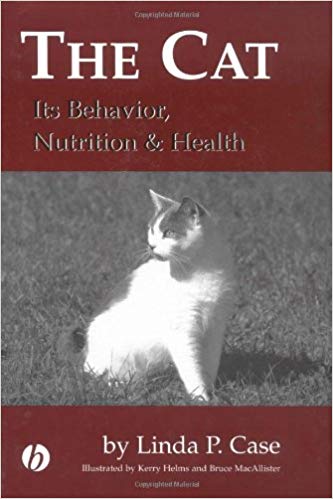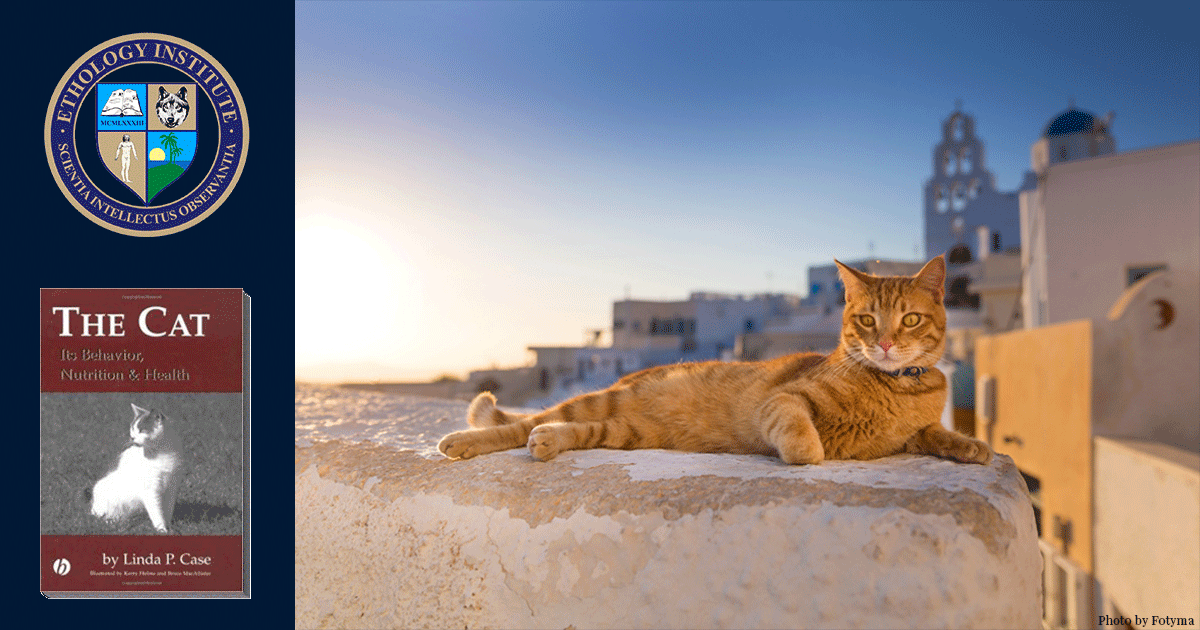Course Description
Feline Behavior and Misbehavior is a broad introduction to the study of cat behavior as well as the most common causes of problem behavior and how to solve them. This course focuses on the practical aspects of keeping cats as companion animals.
Lesson one covers the origin and evolution of the domestic cat and reviews common behaviors such as social and agonistic behavior. Lesson two deals with the most common feline problem behavior that cat owners encounter, causes, and treatment. In lesson three, we review and illustrate with short video clips the most fundamental learning principles and their application in behavior modification (training). Our recommended textbook for this course is Linda Case’s “The Cat: Its Behavior, Nutrition and Health.” You can complete this course without the book, but we strongly recommend it if you wish to gain a fuller insight into all the aspects involving keeping a cat.
Course Level
Beginner/Intermediate. This course is an all-around course about cats, their health and behavior. It’s a course for all interested in cats. For our CAAE students, it gives you the opportunity to learn about one more species and gain new perspectives.
Course Textbook
“The Cat: Its Behavior, Nutrition and Health”
by Linda Case.
The bond that owners have with their cats and the health benefits that are afforded by this bond have been the topic of numerous studies in the past 25 years. This book provides pet owners, undergraduate students and pet professionals with a complete guide to four topical areas that are of interest: the history of the human-cat relationship; behavior of the domestic cat; feline nutrition; and feline health and disease.
Book contents
Part 1 Knowing the Cat Within the Companion
Part 2 Behavior: Understanding the Domestic Cat
Part 3 Health and Disease: Keeping Cats Healthy and Happy
Part 4 Nutrition: Feeding Cats for Health and Longevity
“The Cat: Its Behavior, Nutrition and Health” by Linda P. Case.

Linda Case’s book is this course’s recommended textbook. Its reading is not mandatory to complete the course.
Supplementary Literature
Although not mandatory, we recommend that you supplement your readings with:
- Darwin, C. (1859) On the origin of species by means of natural selection, or the preservation of favoured races in the struggle for life. London: John Murray. 1st ed.
- McFarland, D. (1982) The Oxford Companion to Animal Behaviour. Oxford University Press, Oxford.
- McFarland, D. (1998) Animal Behaviour. Benjamin Cummings. 3rd ed.
Online Studying and Tutoring
Watch the movie(s) and read the book(s). Join the course forum where you can read our tutors’ answers to questions previously posed by your colleagues. If you have a new question, do not hesitate in posting it.
The course forum is solely for academic questions. For administrative matters or difficulties accessing the functionality of the site, please submit a ticket.
Once you’re ready for it, take the quizzes. You may take a quiz as many times as you like. We recommend you re-take quizzes once a year as a self-imposed quality control.
Course Materials
The main textbook "The Cat" by Linda Case is not included and it is not mandatory. If you're interested, you'll have to acquire it separately (please, see link above in Course Textbook).

